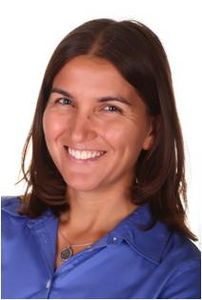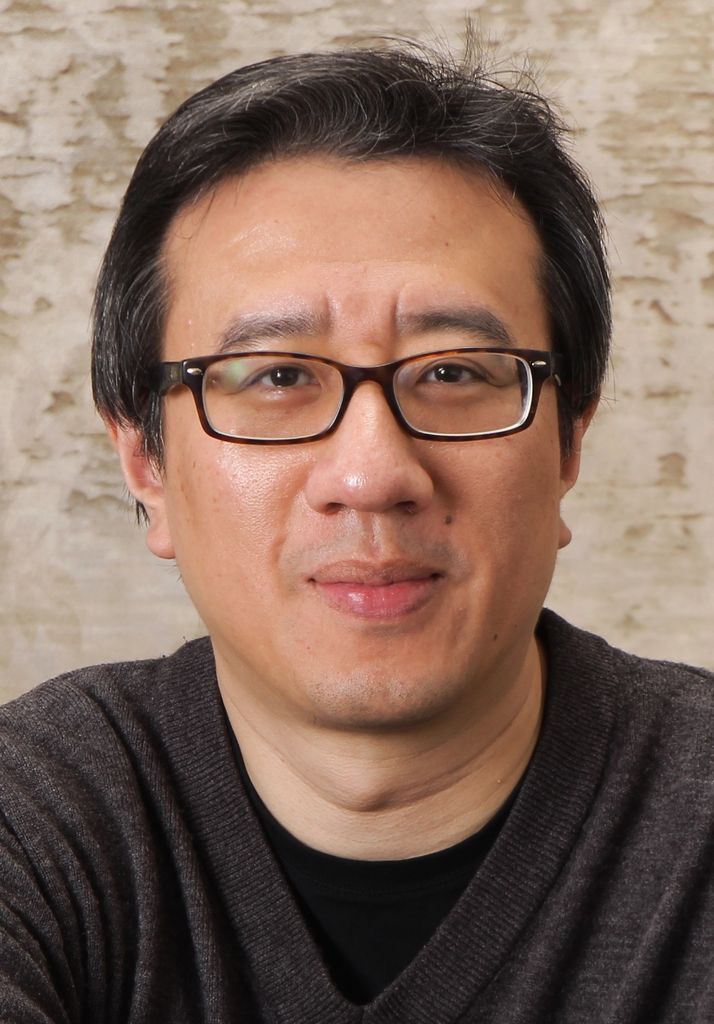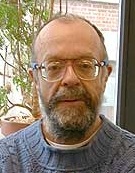Computational & Theoretical Chemistry
Core Faculty
 |
Ksenia BravayaArea: Computational Quantum ChemistryThe Bravaya Group develops new theoretical methods targeting processes involving multiple electronic states, chemistry of open-shell species in magnetic fields, and metastable systems. They apply this new computational tool kit, as well as existing state-of-the-art quantum chemistry approaches to the investigation of the mechanism of magnetoreception in avian birds, tuning the optical properties of fluorescent proteins, studying processes involving metastable electronic states, and exploring the electronic structure of new magnetic materials. The goal is to develop a theoretical chemistry framework for studying complex photoinduced processes and spin effects in biomolecules and novel materials (e.g., molecular electronics / spintronics, magnetophotovoltaics, and biophotonics). |
 |
David CokerArea: Quantum dynamics and statistical mechanicsThe Coker Group develops semi-empirical methods to compute electronic excited state potential energy surfaces for many-body systems, as well as mixed quantum-classical and semi-classical molecular dynamics methods which allow for electronic transitions. These methodologies are combined to study photo-dissociation dynamics in liquids, solids and clusters, charge transfer reactions in different environments, and how electronic states and electronic relaxation dynamics are influenced by solvent. |
 |
Qiang CuiArea: Multi-scale Theory/Computation in Chemistry and BiophysicsThe Cui group develops and applies a broad range of theoretical and computational methods (QM/MM, atomistic and coarse-grained simulations, continuum modeling) to study a diverse set of chemical and biological problems, focusing particularly on problems that implicate multiple length and temporal scales, such as enzyme catalysis, bioenergy/signal transduction, biological membrane remodeling, macromolecular assembly and solid/liquid interfaces. The group is engaged in close collaboration with many experimental groups on and off the BU campus. |
 |
Tom KeyesArea: Theoretical biophysical chemistryThe Keyes Group investigates the mechanism and dynamics of protein folding, binding of ligands to proteins, all-atom descriptions of viruses, and ‘theory of experiment’ for the associated spectral probes. Their themes are: (1) the broad applicability of classical mechanics when induction or polarization (creation of dipoles by local electric fields) is accurately included. The Group has classical theories of nonlinear IR and Raman spectroscopy and consider that ligand binding occurs via classical ‘electrostatic bonds; (2) formulation of theories in terms of the multidimensional potential energy surface, or landscape; and (3) development of intelligent or accelerated simulation algorithms for computationally intensive problems. |
 |
John StraubArea: Biomolecular structure and dynamicsThe Straub group focuses on the theoretical and computational modeling of biomolecular systems. Particular areas of interest include dynamics of energy transfer and signaling in proteins, the development of computational algorithms for folding, thermodynamics and phase changes in proteins and membranes, and the modeling of peptide and protein aggregation. |
Associated Faculty
Sandor Vajda, Department of Biomedical Engineering
Gene Stanley, Department of Physics
Resources and Affiliations
Center for Computational Science – provides a forum for the multidisciplinary exchange of ideas among researchers, educators, and students. CCS offers seminars, workshops, and symposia to highlight advances in computational science and facilitates computationally based research projects and education, working with scientists from 20 different departments and centers.
Scientific Computing & Visualization Group – Boston University’s high-performance computing and visualization systems include the IBM Blue Gene, IBM pSeries 690, an IBM pSeries 655, an Intel Pentium III Linux Cluster, a Deep Vision Display Wall, an Access Grid Conference Facility, a Laboratory for Virtual Environments and a Computer Graphics Laboratory.
GBA (Greater Boston Area) Theoretical Chemistry Lecture Series – Designed for and run by graduate students and postdoctoral research associates at Boston University, Boston College, Harvard University, and the Massachusetts Institute of Technology, this series attracts top researchers from the fields of theoretical chemistry and physics. The twice-monthly lectures enable students from the four institutions to exchange ideas and build relationships with scientists from all over the academic world. Topics vary from Density Functional theory to Network Biology, but the majority focus on theoretical chemistry and condensed matter physics.
ACAM (Atlantic Center for Atomistic Modeling) – Boston University has strong international research connections in computational and theoretical chemistry through ACAM. ACAM is the Irish “node” (University College of Dublin) of the “European Center for Calculations on Atoms and Molecules” (CECAM) and is led by Professor David Coker (2009-2012). ACAM aims to take advantage of the global connectivity between researchers to enable them to collaborate and begin building a new generation of algorithms to address important challenges in materials, biological, and energy science with the most advanced theoretical and computational tools.